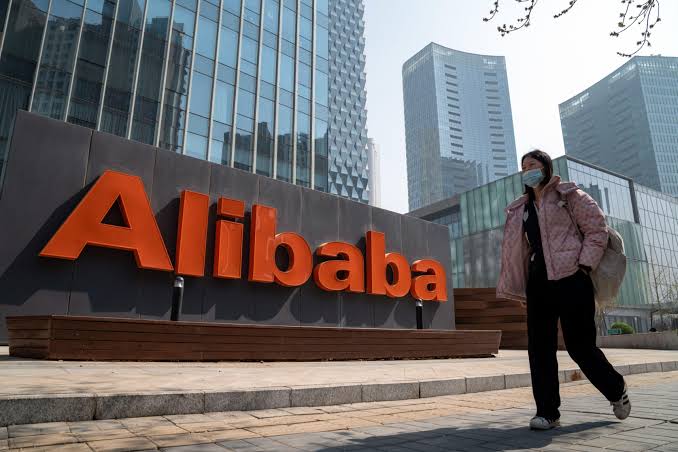Alibaba Group Holding Ltd. reported quarterly earnings that fell short of Wall Street’s revenue expectations, but showed promising growth in its cloud computing division, fueled by increasing demand for artificial intelligence services.
The Chinese tech giant posted revenue of ¥226.9 billion (\$31.2 billion) for the quarter ending June 30, missing analysts’ average estimate of ¥230.5 billion. The shortfall was attributed to slower than expected growth in its core e-commerce business, which continues to face headwinds from China’s tepid consumer recovery and fierce competition.
However, Alibaba’s cloud segment, a strategic focus for the company, grew 22% year over year, outpacing previous quarters and exceeding market forecasts. The uptick was largely driven by a surge in enterprise adoption of AI tools and services, such as large language models and generative AI platforms developed by Alibaba Cloud.
“Our cloud business is entering a new growth phase as enterprises increasingly turn to AI powered solutions,” said CEO Eddie Wu in a statement. “This reinforces our long term strategy to build an AI-driven infrastructure for the digital economy.”
Despite the revenue miss, Alibaba reported a net income of ¥40.7 billion, up 12% from the same period last year, bolstered by improved operational efficiency and cost controls.
Investors were cautiously optimistic. Shares fell 2.4% in early Hong Kong trading following the earnings release, as markets weighed the revenue miss against the company’s AI driven cloud momentum.
The results come amid Alibaba’s broader restructuring efforts, aimed at streamlining operations and unlocking value across its sprawling business units, including e-commerce, logistics, entertainment, and cloud computing. Analysts say the company’s pivot toward AI and enterprise services could prove critical for long term growth as consumer spending remains volatile.
Still, the road ahead is uncertain. Regulatory pressures, domestic competition from rivals like JD.com and Pinduoduo, and a cooling Chinese economy continue to weigh on Alibaba’s outlook.
“Cloud and AI are clearly the bright spots,” said Raymond Sun, a tech analyst at CLSA. “But Alibaba needs to sustain this momentum while re-energizing its core commerce engine if it wants to fully regain investor confidence.”
